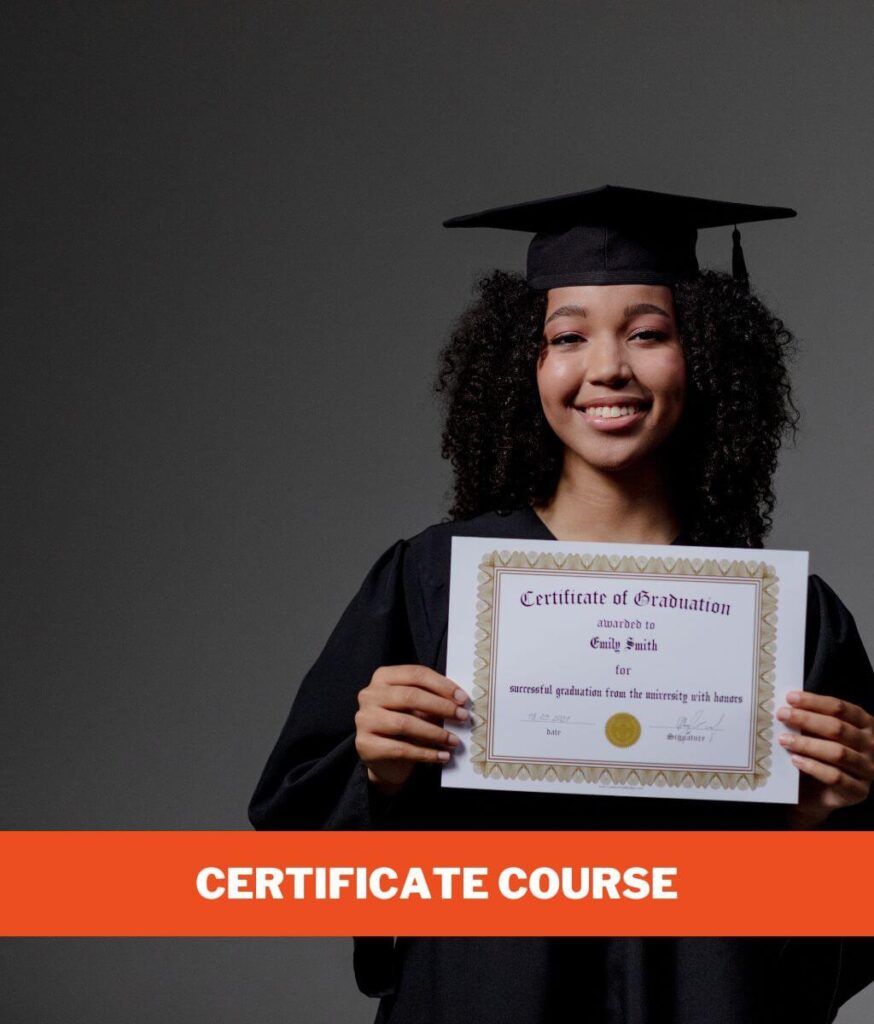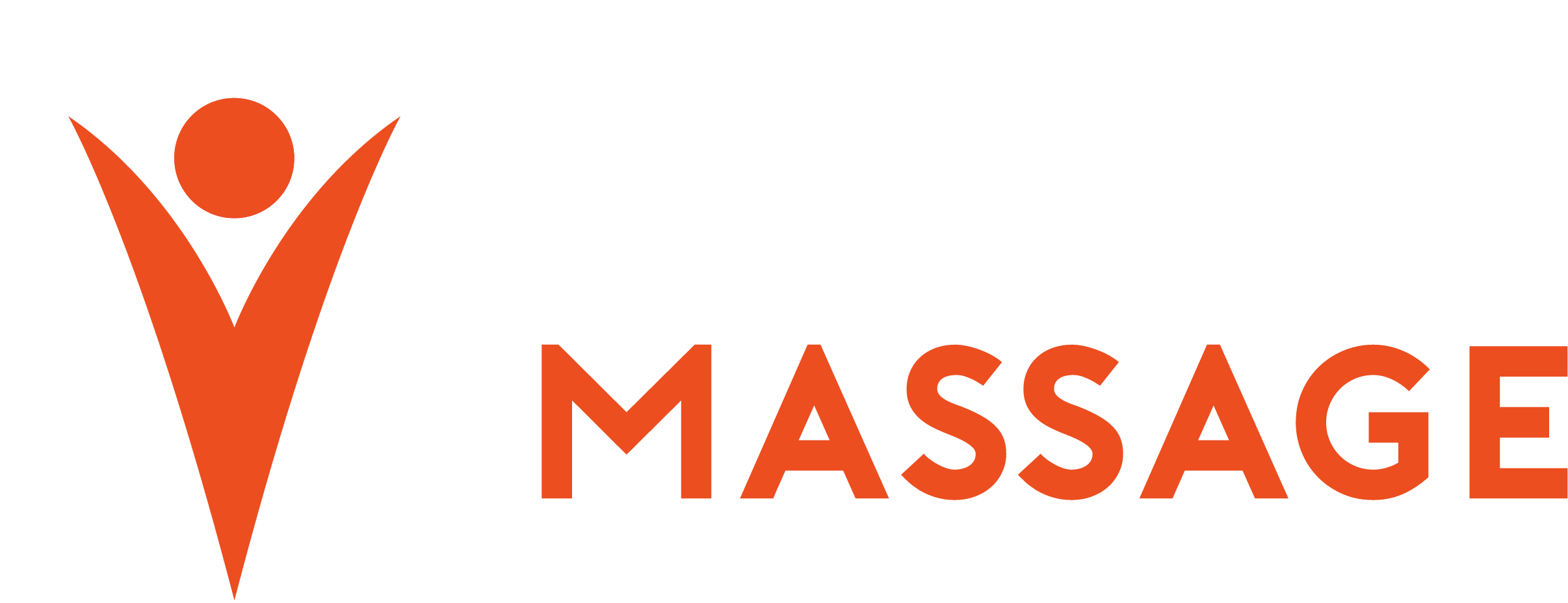Research & Evidence
Research & Evidence
Supporting Massage Therapy
At Neuro Massage Training School, we are committed to evidence-informed practice. Below is a summary of peer-reviewed research and guidance from trusted medical organizations that support the therapeutic use of massage in complementary care for neurological conditions.
1. Parkinson’s Disease
Massage therapy has been explored as a complementary intervention to improve motor symptoms, relaxation, and sleep quality in individuals with Parkinson’s disease.
Massage Therapy Improves Function and Sleep in Parkinson’s Patients.
Study in Journal of Bodywork and Movement Therapies. Read study >>
Parkinson’s UK: Massage Therapy and Symptom Relief
Parkinson’s UK discusses how massage may reduce stiffness, improve relaxation, and support emotional well-being. visit Parkinson’s Uk >>
2. Multiple Sclerosis (MS)
Research suggests that massage may help alleviate pain, reduce fatigue, and improve overall quality of life in people living with MS.
Massage Reduces Fatigue and Pain in MS
Peer-reviewed study in Evidence-Based Complementary and Alternative Medicine. Read study >>
Systematic Review: Massage and MS Symptom Relief
Published in Multiple Sclerosis Journal – Experimental, Translational and Clinical. Read review >>
3. Brain Injuries
Massage therapy may assist in managing symptoms associated with traumatic brain injuries, such as headaches and dizziness.
Concussion Treatment Using Massage Techniques: A Case Study
Published in International Journal of Therapeutic Massage & Bodywork.
4. Stroke Recovery
Massage is used in stroke rehabilitation to help manage spasticity, support sensory reintegration, and enhance motor recovery.
Therapeutic Massage for Post-Stroke Spasticity
Study in Frontiers in Neurology exploring Tuina massage combined with conventional therapy.
5. Cerebral Palsy
Massage therapy has been shown to reduce spasticity and improve motor function in children with cerebral palsy.
Survey of the Use of Massage for Children with Cerebral Palsy
Published in BMC Complementary and Alternative Medicine
6. Transverse Myelitis
Massage therapy may help reduce muscle pain and improve mobility in individuals with transverse myelitis.
Transverse Myelitis Treatment With Massage
Article on NeuroMassage
7. Spinal Cord Injuries
Massage therapy can be beneficial in reducing pain and improving mobility for individuals with spinal cord injuries.
Massage Therapy as a Complementary Treatment for Stiffness and Pain in Spinal Cord Injury
Published in International Journal of Therapeutic Massage & Bodywork
8. Alzheimer’s Disease
Massage therapy may help alleviate agitation and improve the quality of life in individuals with Alzheimer’s disease.
A Touch of Compassion: Massage Therapy and Alzheimer’s Disease
Published in Massage Therapy Journal
9. Dementia
Massage and touch therapies can be effective in reducing agitation and anxiety in people living with dementia.
Meta-Analysis: Massage Reduces Agitation in Dementia Patients
Published in Complementary Therapies in Clinical Practice
10. Alzheimer’s Society
Massage and Aromatherapy for Dementia. Massage is recommended as a calming and supportive care strategy.

Note for Students
This public list highlights a selection of peer-reviewed studies supporting the complementary use of massage therapy for neurological conditions.
As part of our accredited training, Neuro Massage Training School students receive access to a more extensive and curated library of academic research, case studies, and evidence-based practice guidelines. We are committed to ensuring our graduates are confident, well-informed, and clinically aware practitioners.
Additional references are also available upon request or via academic databases such as PubMed and NICE.
Disclaimer
Massage therapy services and training provided by NeuroMassage and Neuro Training School are intended as complementary support to overall health and wellbeing. They are not a substitute for medical advice, diagnosis, treatment, or intervention from licensed healthcare professionals.
We do not claim to cure, prevent, or treat any medical or psychological condition, and we make no guarantees of outcomes. Results from massage therapy can vary significantly depending on a wide range of individual factors including, but not limited to, medical history, physical condition, neurological presentation, medication use, and lifestyle factors.
All clients, participants, and students are strongly encouraged to consult with their physician or primary healthcare provider before starting any complementary therapy, including massage. If you have a diagnosed medical or neurological condition or are experiencing new symptoms, you must seek advice from a qualified medical professional before participating in any NeuroMassage session or training.
By engaging with NeuroMassage services or participating in any training offered by Neuro Training School, you acknowledge that:
- You are responsible for informing your therapist or educator of any relevant medical history or physical concerns.
- You understand that our services do not replace medical care or clinical rehabilitation.
- You accept full responsibility for your use of any information, techniques, or training provided.
- You release NeuroMassage, Neuro Training School, and its affiliates from liability for any harm, injury, or loss that may arise from your participation to the fullest extent permitted by law.
For emergency medical concerns, contact a medical professional or call emergency services immediately.
